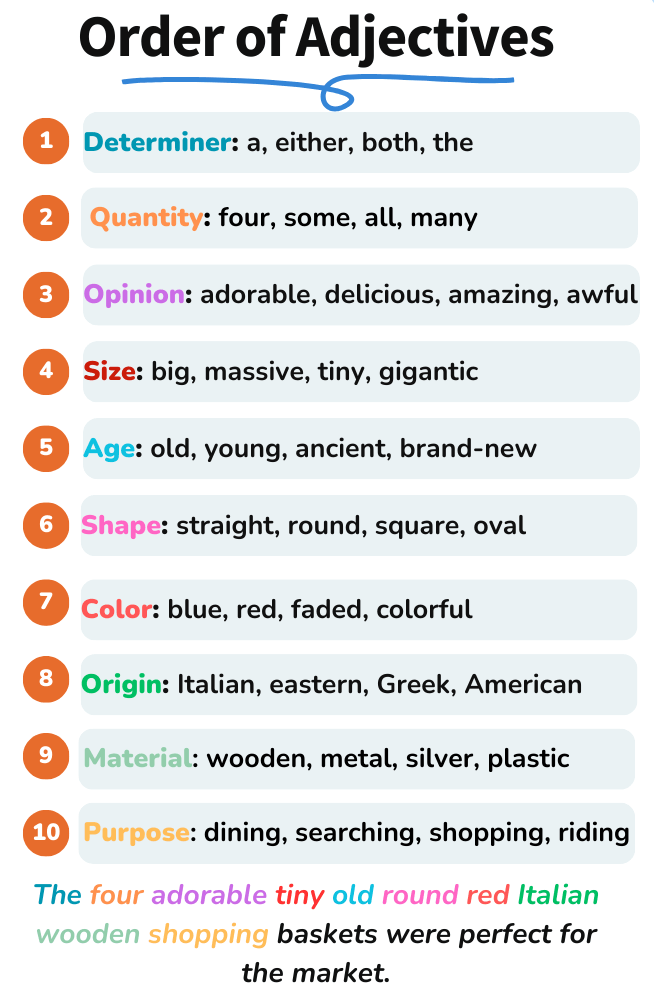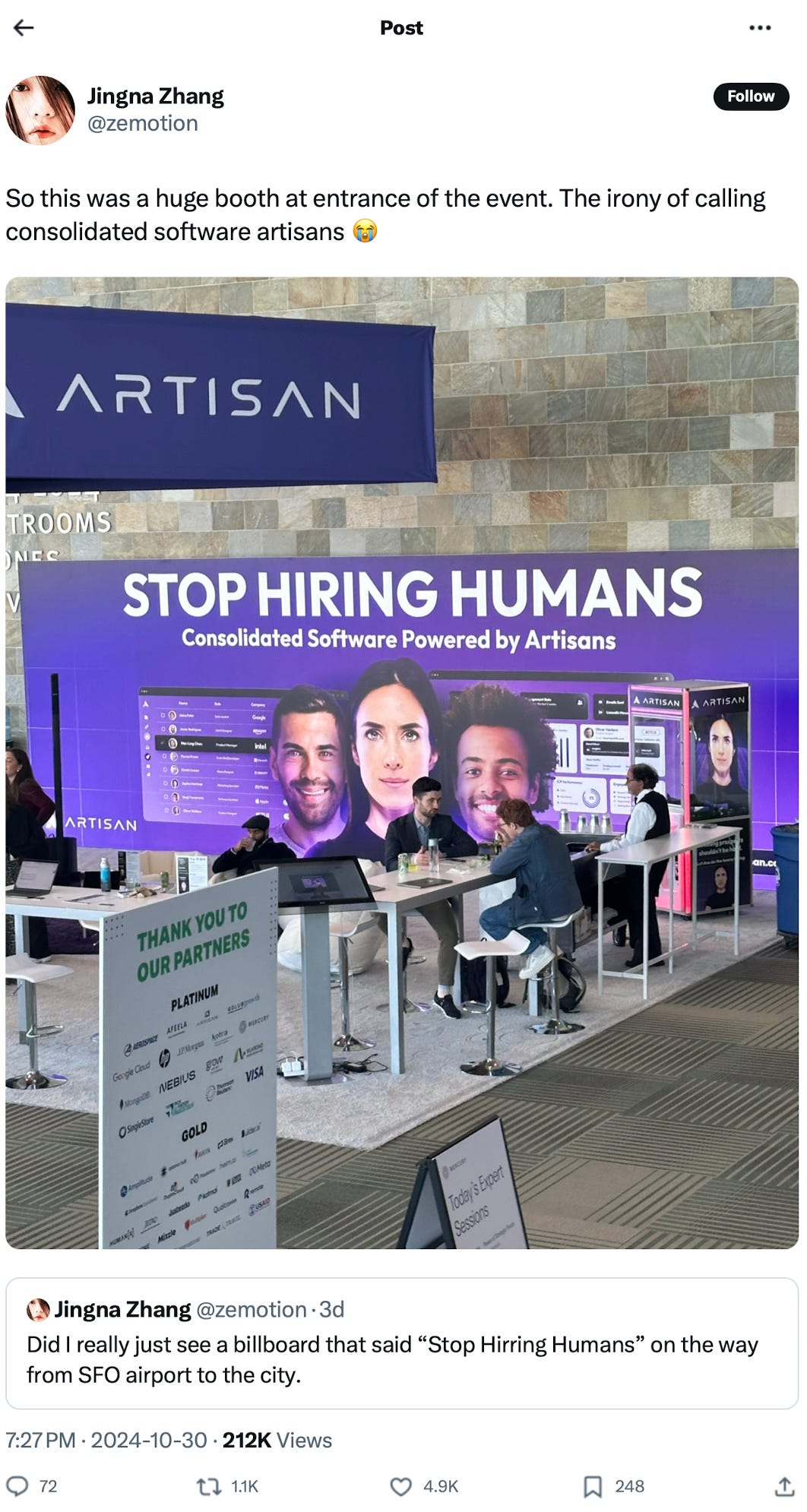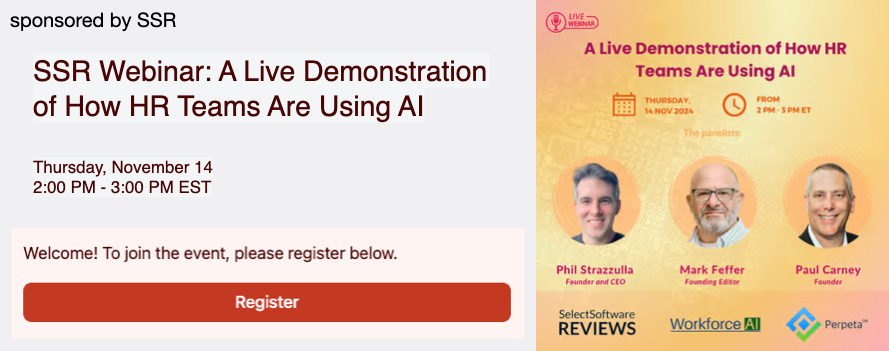Any Reason or Unreason
Robert Lowell | Daron Acemoglu: How Fast Is Too Fast? | Factoids | Elsewhen, Elsewhere
The world is absolutely out of control now and is not going to be saved by any reason or unreason.
| Robert Lowell
How Fast Is Too Fast?
In America Is Sleepwalking Into an Economic Storm, Daron Acemoglu, who was awarded the Nobel for economic sciences this year, contends we are sleepwalking into an economic storm', of three parts: 'an aging population, the rise of artificial intelligence and the rewiring of the global economy.'
[Emphasis throughout is mine.]
Acemoglu elaborates:
These changes in combination are likely to transform the lives of working people in ways not seen since the late 1970s, when wage inequality surged and wages at the low end stagnated or even fell.
He's referring to the Reagan years, with neoliberal offshoring, deregulation, and an active war on unions.
Together, if handled correctly, these challenges could remake work and deliver much higher productivity, wages and opportunities — something the computer revolution promised and never fulfilled.
I'm fairly certain he's referring to Solow's Paradox:
I see the computer age everywhere but not in the numbers. | Robert Solow
And the thesis:
If we mismanage the moment, they could make good, well-paying jobs scarcer and the economy less dynamic. Our decisions over the next five to 10 years will determine which path we take.
I want to focus just on his insights on automation. I'm likely to return to the aging workforce, and the new global economy, at a later date. But note in passing that aging in the workforce can lead to higher wages 'if combined with the right investments in both equipment and people’.
Alas, this isn’t what is happening in the United States. Investment in robots has increased rapidly, but it hasn’t been accompanied by adequate investments in people. The work force remains unready for taking on new tasks, including technical and advanced precision work. It was the shortage of these types of skills that the Taiwan Semiconductor Manufacturing Factory cited as a reason for delays in the opening of its first U.S.-based chip factory. If the United States doesn’t find ways to combine new machinery with better-trained, more-skilled and more-adaptable workers, the country risks more pain for manufacturing, the traditional provider of high-wage, stable jobs.
The response to AI has been much slower than the investment in automation in general (and slower than our adaptation to an aging workforce, where 10,000 people of age 65 and older are retiring every day).
Acemoglu, again, now on AI:
As of February 2024, only about 5 percent of businesses in the United States have reported using A.I., and the technology itself is far from perfect (Google’s A.I. struggled initially with questions about whether it’s smart to eat rocks). Its spread in the economy will be slow, and its true impact won’t be felt until the mid-2030s. The nature of that impact will depend on the readiness of corporations and workers.
And, his most important statement and suggestions, perhaps:
We need a broad national strategy so that A.I. doesn’t only automate work and sideline workers, but creates new tasks and competencies for them. This isn’t just because of the inequality that rapid A.I.-based automation could create or the fear of tech elites that the resulting joblessness will bring out the pitchforks. Evidence suggests that new technologies increase productivity much more consistently when they work with workers, enabling them to perform their jobs better and allowing them to expand into new, more sophisticated tasks. The secret sauce of Henry Ford’s innovative car factories wasn’t simply a more widespread use of better machinery but also a whole range of technical tasks workers were trained for, such as repair and maintenance.
[...]
One obvious policy to confront both the aging and the A.I. challenges is to encourage training of workers — for example, with tax credits or training subsidies, so that they can take on new tasks and jobs. Ms. Harris’s economic plan puts much more emphasis on this than Mr. Trump’s. Much more can be done.
It isn’t just that workers need to get ready. So do our technological capabilities. Here the federal government can play an important role, for example via a new federal agency tasked with identifying and funding the types of A.I. that can increase worker productivity and help us deal with looming labor shortages.
He closes with thoughts that harbor a deep fear of a squandered future:
The bad news is that these issues are not getting the attention they deserve, even though they are much more important for our future than debates about price gouging, taxes on tips or whether inflation is one point higher or one point lower. Unless we focus on them and act decisively, they will not just be mismanaged but also may spell a more dire future of work.
...
And meanwhile, we see this going on, as the tech bros flirt with the pitchforks:
That’s the tech bro dream: stop hiring humans.
Factoids
Microfinance is a mirage.
A 2015 study in Hyderabad, India, by the Nobel Prize-winning economists Abhijit Banerjee and Esther Duflo and two colleagues, found that microfinance had little impact on alleviating poverty.
| Zeke Faux, Debt Was Supposed to Cure Poverty and Help Us Go to College. What Went Wrong?
It turns out that microfinance debt is mostly financed by high interest rate lenders, and many of the recipients (mostly women) are at risk of insolvency. For microfinance to work, governments will have to step in to regulate the terms, or directly offer microloans.
…
Olive oil costs what?
Data from the IMF shows that global olive oil prices have almost tripled since the start of 2021, reaching ~$8,700 per metric ton in August after hitting a record high in January.
This is not price gouging, but a direct consequence of climate change.
…
Property insurance costs what?
Owning property in many at-risk regions is now becoming less reasonable.
One of the biggest reasons homeownership is not what it used to be is the turmoil in property insurance markets. According to a recent report by Intercontinental Exchange Inc., a data and technology firm, the average property insurance payment for a mortgaged single family home has increased by 52 percent around the country since 2019.
| Benjamin Keys, Climate Change Should Make You Rethink Homeownership
Elsewhere
Order of Adjectives
Native English speakers have internalized a complex rule for the ordering of multiple adjectives, which is why we don’t say ‘green round small thirteen delicious fruits’ but naturally say ‘thirteen delicious small green fruits’ without really thinking about it.

…
Elsewhen
Saying no for secret reasons.
In No, You Can’t Ignore Email. It’s Rude. Adam Grant says, in general, we have to respond to email, but there are many cases where we don’t. And we are always allowed to say no to requests for our time:
We can all learn from the writer E.B. White, who, in response to a 1956 letter asking him to join a committee, responded with two short sentences. The first: a thank-you for the invitation. The second: “I must decline, for secret reasons.”
Keep reading with a 7-day free trial
Subscribe to Work Futures to keep reading this post and get 7 days of free access to the full post archives.




